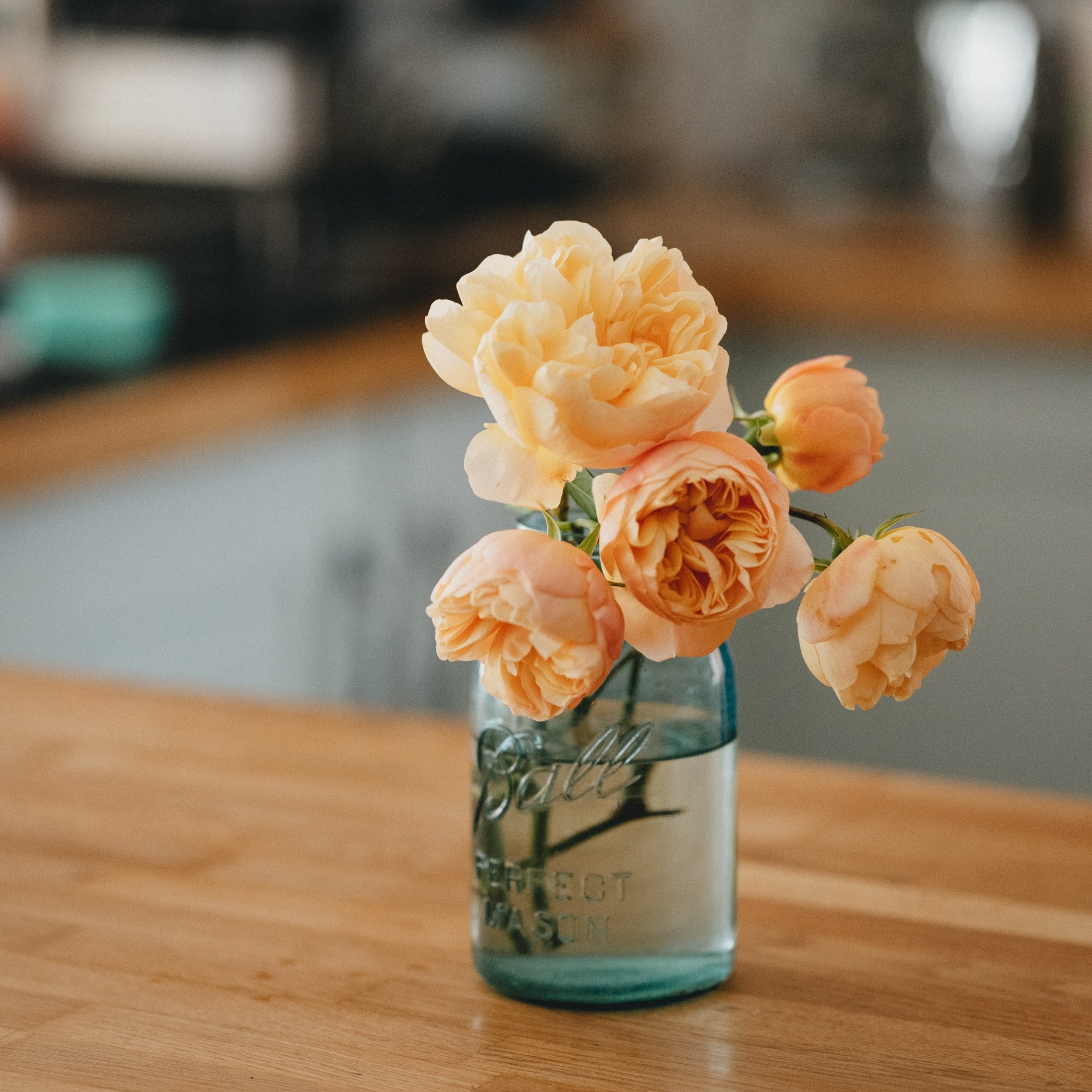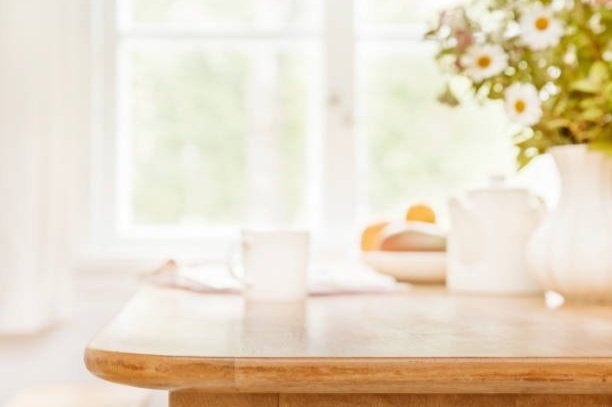The Effect of Clutter on Your Mental Health
A happier, healthier mind.
Clutter in our physical space plays a direct role in our mental well-being. During this mental health awareness month, take some time to invest in a form of self-care that will allow you to achieve a more peaceful and productive life.
We all know that feeling of getting home at the end of a busy day, walking into your house, ready to kick off your shoes and sit down and enjoy a slower paced evening with your loved ones. Only to be met with a feeling of overwhelm and exasperation at the visual reminder of so many projects and tasks yet to be completed. Piles of clothes, books, and toys scattered around; the kitchen counters covered with dishes and random objects, making starting dinner impossible, and why doesn’t anyone else hang up their coats??
Clutter has a very real negative impact on your mental health.
May is Mental Health Awareness month, and during this time, we acknowledge the effect our thoughts and mind play on our lives. Sometimes mental health is a permanent health condition that requires a diagnosis and medication, and sometimes it’s just the state of our brain as we go through life. But it is always an ongoing part of our health, productivity, and happiness.
Let's dive into the ways clutter affects our minds and some simple ways to declutter for a healthier, happier you.
First and foremost, clutter contributes to anxiety. Studies have shown that being surrounded by clutter can increase cortisol levels, the hormone responsible for our fight or flight response. When we feel stressed out, our bodies release cortisol to help us respond to the threat. But when we're constantly surrounded by clutter, our bodies can become overwhelmed and start to release cortisol unnecessarily. This can lead to chronic anxiety, which can have a significant impact on our mental health.
Clutter can also cause feelings of guilt and shame. When we're surrounded by mess, we often feel like we should be doing something about it. But when we're too overwhelmed to even start, we start to feel guilty for not taking action. This guilt can quickly turn into shame, which can have a serious impact on our self-esteem and overall mental health.
I have lived with Generalized Anxiety Disorder my entire life (as has my father, my grandmother, my great grandmother…) It is a family trait that I will always need to manage, and one of the primary ways I do this is by keeping my physical environment free from unnecessary stimuli. This is common with people who experience ADHD and depression as well. A visually calm space helps promote a feeling of calm internally. When we clean up our physical spaces, we also clean up our minds. Whether you’re trying to manage a chronic condition, or just looking for ways to build a more joyful home, here are some tips for decluttering and improving your mental health:
Start small: Don't try to declutter your entire house in one day. Start with a small area, like your desk or a single drawer. Seeing the progress you've made in a small area can help motivate you to tackle larger spaces.
Set a timer: If you're feeling overwhelmed, set a timer for 15-30 minutes and focus on decluttering for that amount of time. Once the timer goes off, take a break and come back to it later. Breaking up the task into smaller chunks can make it feel more manageable.
Ask for help: Don't be afraid to ask for help from a friend or family member. Sometimes having someone else there to support and motivate you can make all the difference.
Donate or sell items: Instead of throwing away items you no longer need, consider donating or selling them. This can help reduce feelings of guilt and waste while also benefiting others.
Create a system: Once you've decluttered, create a system to help keep your space organized. This could mean labeling drawers or investing in storage containers. Having a system in place can make it easier to maintain a clutter-free space.
In a society that is increasingly sensitive to mental well-being and the mind-body connection, invest in yourself by creating a home that supports both your physical and mental needs. Your home should be a place where you can relax and feel calm. Remove some of the burden on your mind by removing the burden of your possessions. As the mental weight is lifted, you might be surprised at what else you feel ready to accomplish!



